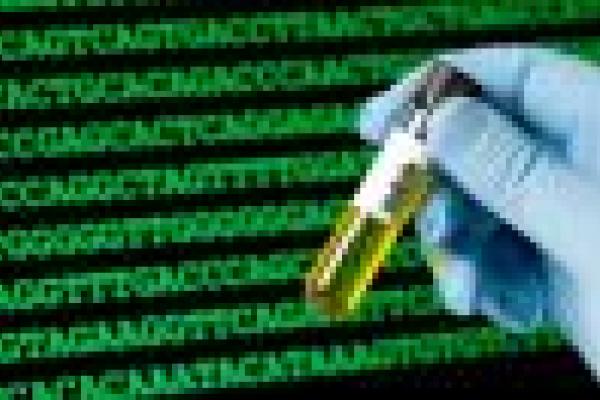Measuring catastrophic risk
Insurance companies offer protection against rare but catastrophic events like hurricanes or earthquakes. But how do they work out the financial risks associated to these disasters? Shane Latchman investigates.
Insurance companies offer protection against rare but catastrophic events like hurricanes or earthquakes. But how do they work out the financial risks associated to these disasters? Shane Latchman investigates.
Florence Nightingale died a hundred years ago, in August 1910. She survives in our imaginations as an inspired nurse, who cared passionately for injured and dying soldiers during the Crimean war, and then radically reformed professional nursing as a result of the horrors she witnessed. But the "lady with the lamp" was also a pioneering and passionate statistician. She understood the influential role of statistics and used them to support her convictions. So to commemorate her on the centenary of her death, we'll have a look at her life and work as a statistician.
"It's a match!" cries the CSI. At first glance it might seem that if the police have matched a suspect's DNA to evidence from the crime scene, then the case is closed. But some statistical thinking is required to understand exactly what a match is, and importantly, how juries should assess this as part of the evidence in a trial.
Tonight, in the final televised debate ahead of the election, the three main party leaders will talk about the economy, the recession, public sector debt, spending or cuts, and more. All will use statistics to back up their points or to pull apart their opponents' arguments. But how can we work out whether to believe the figures and what do they really mean?
Lack of statistical detail leads to wrong conclusions

Stats, damn stats and genetics